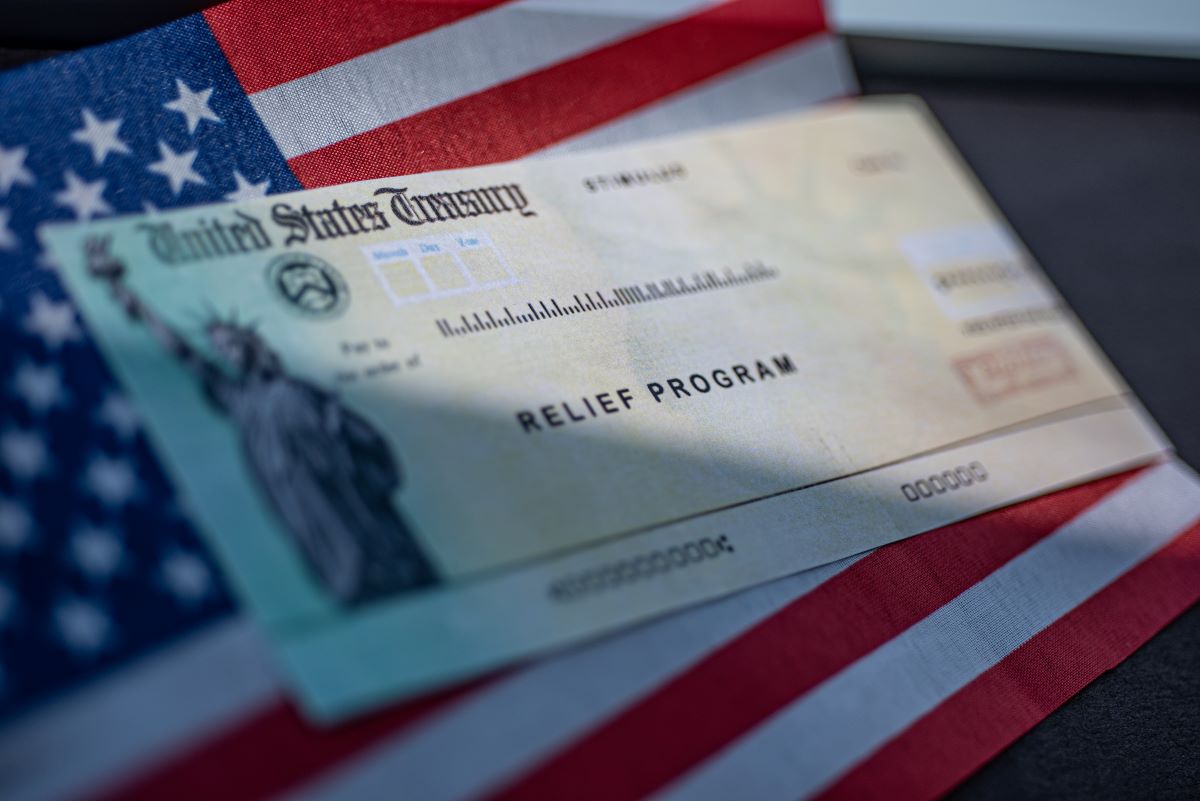Could Baltimore have come up with a scheme to solve America’s child poverty crisis?
The Rising Cost of Raising Children

Children are expensive – there’s no denying that. Having children can be one of the biggest expenses a person ever undertakes, and while it comes with so many benefits, a lot of people struggle with the financial side.
The Growing Burden of Childcare Costs

As the cost of living keeps growing, childcare costs are rising. And by childcare, we mean everything involved in raising a child: from diapers to formula to nannies, daycare, and more. It’s no wonder more and more millennials are opting not to have kids, as families across the nation slowly get pushed into poverty through no fault of their own.
The “Baby Bonus” Proposal

Well, one city is making moves to tackle this issue – and the issue of child poverty – by introducing a “baby bonus.” New parents in Baltimore might soon get a lump sum of $1000 if a new proposal gets the green light from voters this November.
Fighting Poverty from Day One
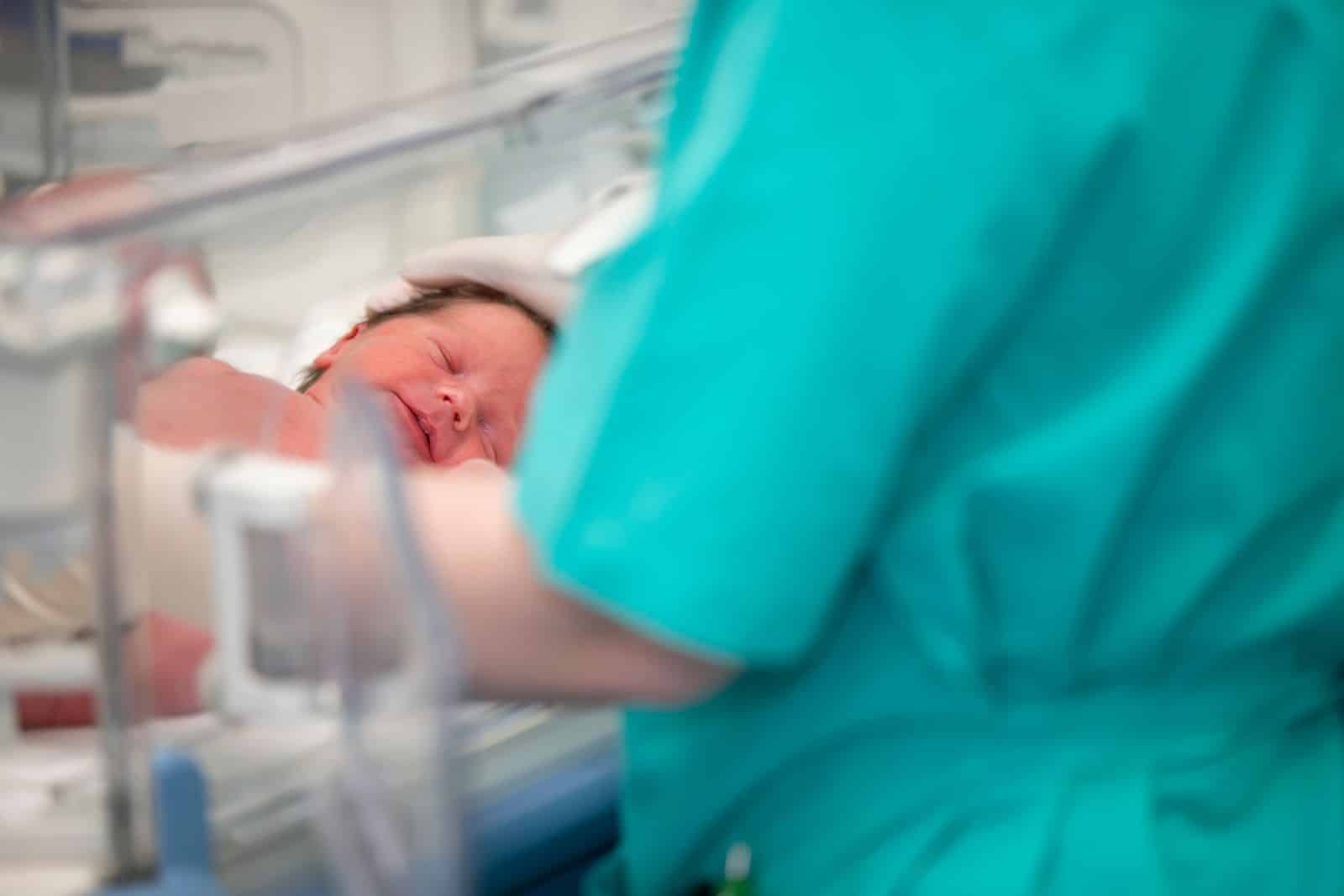
This plan aims to give families a financial boost right when they need it most: at the birth of their child. It’s a move designed to fight childhood poverty from the very beginning.
The Reality Of Child Poverty in Baltimore

When you look at poverty statistics in Baltimore, it’s clear families are finding the situation tough. 31% of its school-aged kids live in poverty – far above the national average of 12%.
Grassroots Action

That’s why a group of Baltimore teachers, The Maryland Child Alliance, put together this baby bonus proposal and gathered over 10,000 signatures to get it placed on the upcoming November ballot.
The Potential Impact of Early Intervention
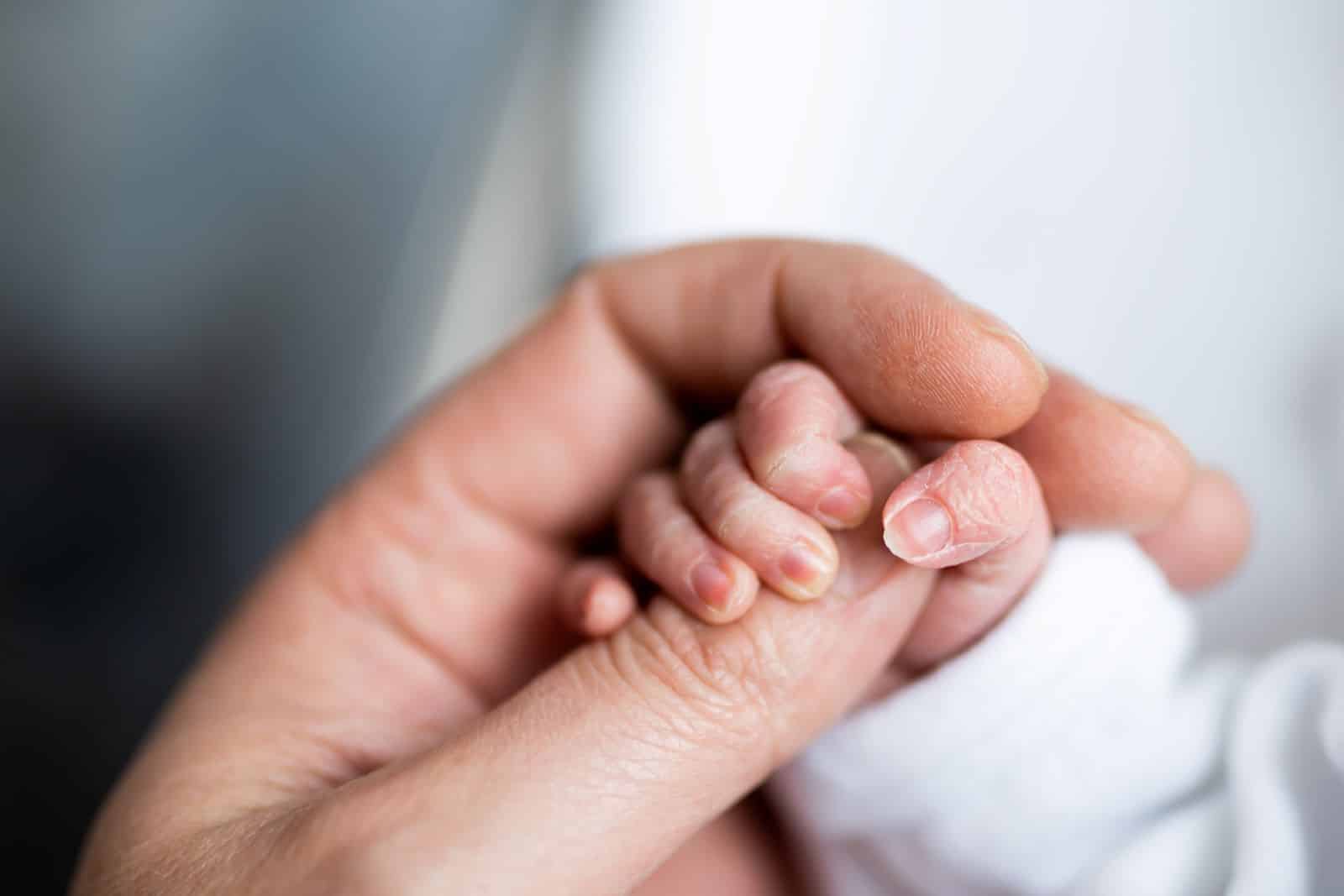
They want to make a big change to poverty in the city, as co-founder of the group Nate Golden explains, “If we’re going to spend a limited amount of money, where do you get the most bang for your buck? Research says at birth. This could literally have a lifelong impact on a kid.”
Learning from Flint

Their inspiration came from Flint, Michigan, which rolled out a similar program earlier this year. New mothers in Flint receive $1,500 during pregnancy and $500 a month for the first year after birth.
Baltimore’s Focus on Poverty Reduction

While Europe and Asia have experimented with similar programs to boost birth rates, Baltimore’s real focus is on reducing child poverty.
The Classroom Perspective

Golden sees the effects of poverty daily in his classroom, where students deal with homelessness, food insecurity, and other struggles. “When you see what they’re going through outside school, I’m still going to demand their best in the classroom but it’s just not enough,” he admits. “We have to take care of these underlying needs before we can get kids to focus on learning.”
Breaking Down the Numbers

If approved, the bonus will give every new parent in Baltimore a one-time $1,000 payment. With about 7,000 births each year, the program would cost around $7 million annually – only 0.16% of Baltimore’s budget. The best part? No new taxes.
The Universal Approach
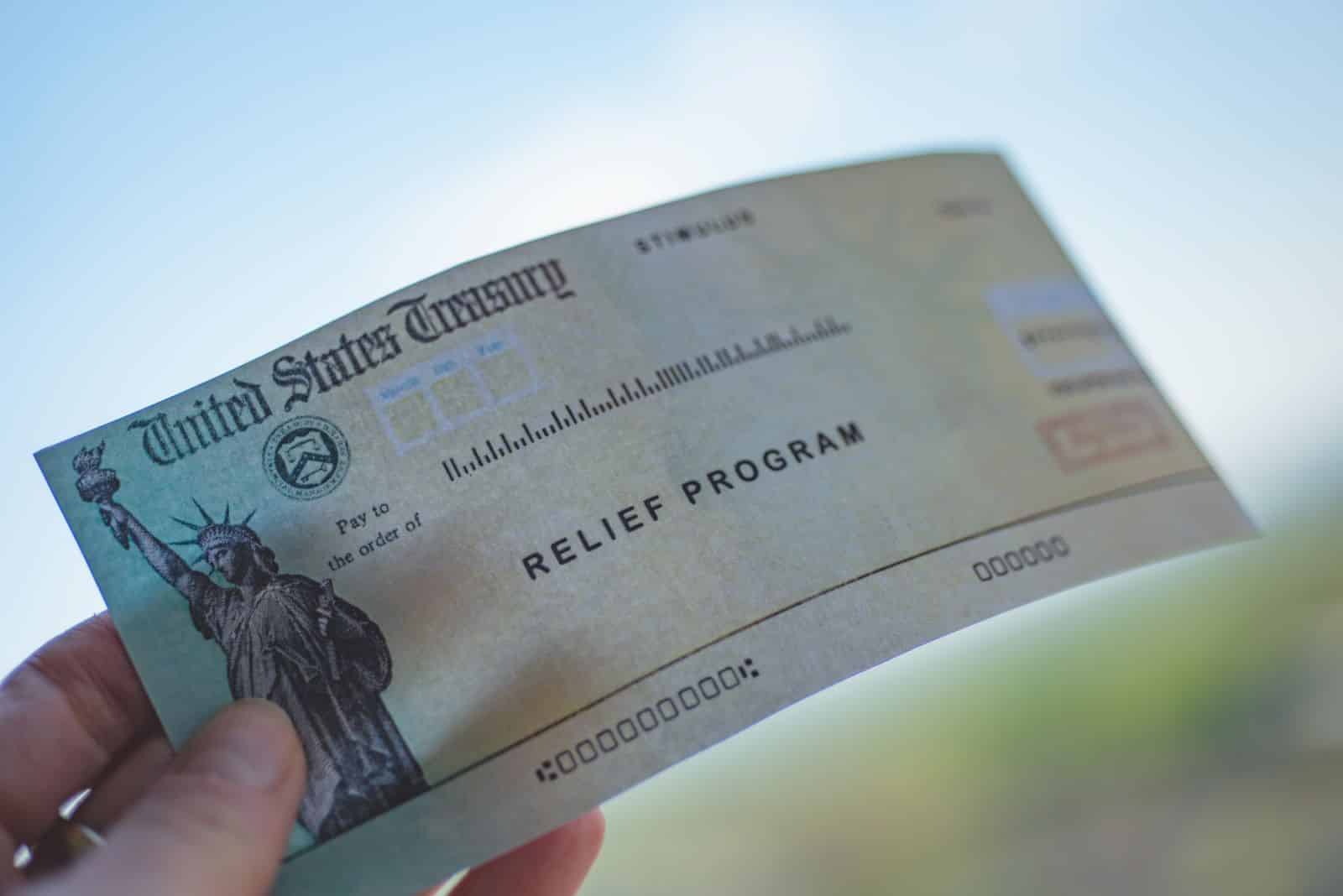
Giving the bonus to everyone, regardless of wealth, might seem odd, but it ensures no one slips through the cracks.
The Economics of Universal Benefits

Christina DePasquale, an economics professor at Johns Hopkins, supports this approach. “The universal approach makes sense because researching and developing a qualification system could add significant costs and delay implementing the program,” she said.
The Real-World Impact of $1000
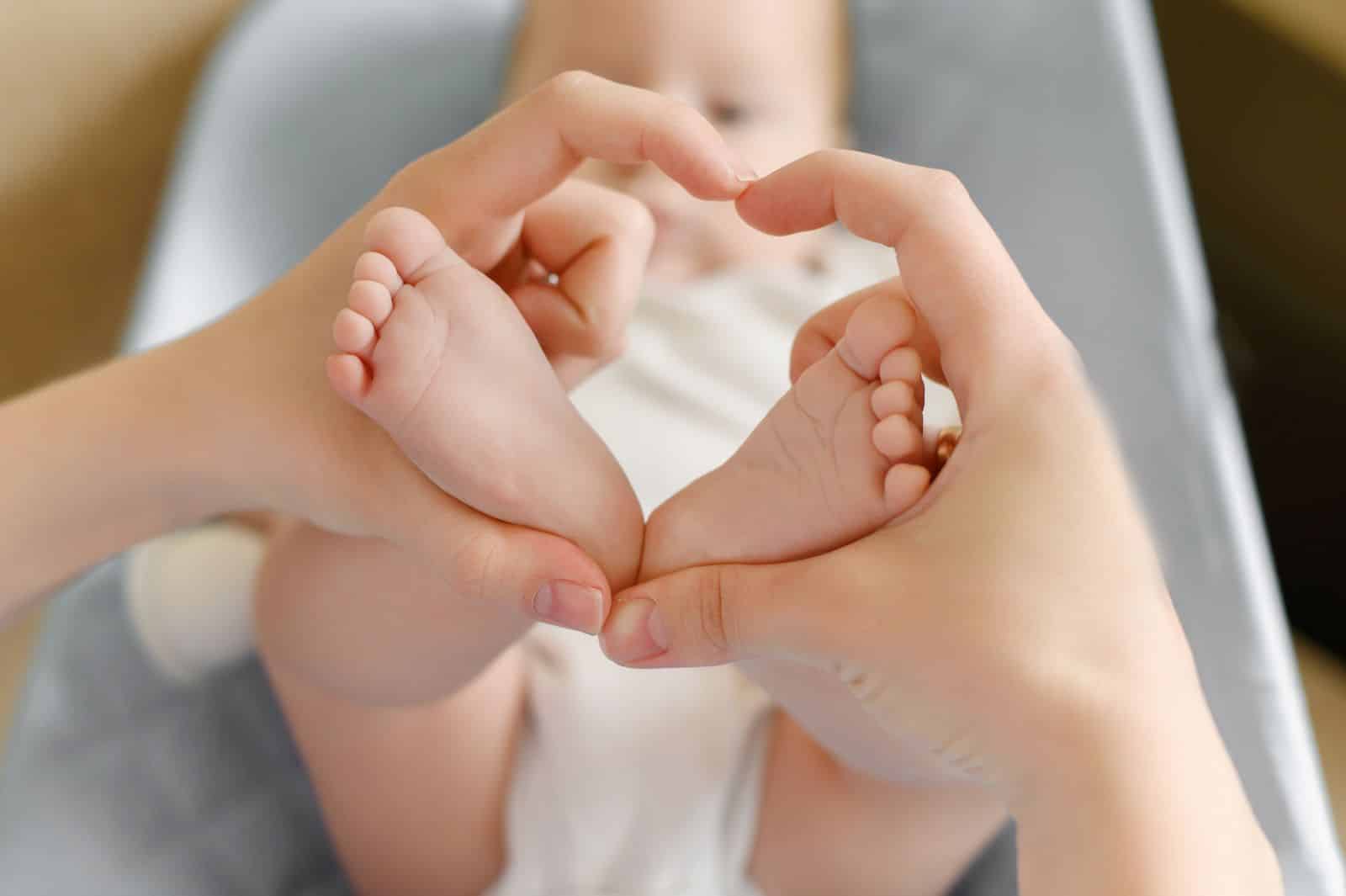
For many new parents, $1,000 can make a big difference. Parents across the nation are finding it increasingly difficult to afford diapers – along with other rising child expenses – and are struggling to keep their babies clean and healthy.
The Health Implications of Financial Strain

When parents struggle with affording the basics, babies are at a higher risk of developing painful rashes and infections. This can cause parents to develop anxiety and depression as they worry about their newborn’s well-being.
A Potential Important Lifeline

For those living on the margins, this could have a huge impact. With inflation and stagnant wages, the need for a little extra help is greater than ever.
Maryland’s Fight Against Child Poverty

Baltimore’s baby bonus is part of a larger fight against child poverty. Maryland Governor Wes Moore, who has a strong background in anti-poverty work, recently signed legislation to fund community organizations in high-poverty areas.
Early Success

Baltimore also launched a pilot program in 2022, providing $1,000 a month to young parents, which has already shown positive results.
The November Vote

With the vote coming up in November, Baltimore has a chance to set a new national standard.
A Potential Model for the Nation
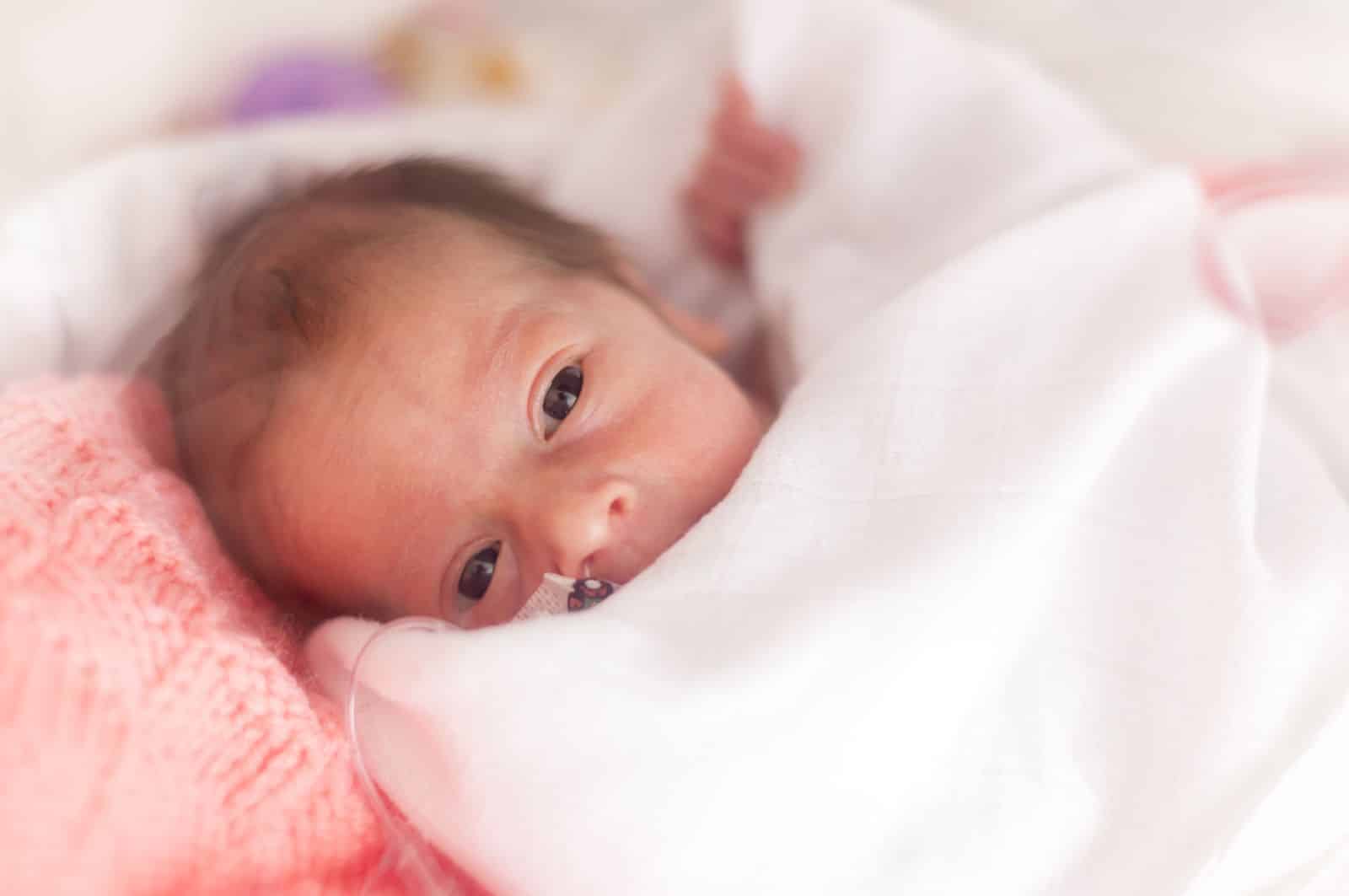
If it’s successful, this baby bonus could become a model for other cities – helping new parents out with a little help at the start of their family life.
Remote No More: 19 Companies Returning to the Office

As the pandemic wanes, companies are recalling remote workers back to the office, sparking debates on fairness, costs, and convenience. However, there are also notable productivity, coworking, and mental health benefits to consider. Feeling the effects of these changes? Remote No More: 19 Companies Returning to the Office
8 Costco Must Buys and 8 to Leave Behind

Ever wandered Costco’s aisles, questioning if that giant jar of pickles is a real bargain? Or debated buying tires where you get your rotisserie chicken? Welcome to the definitive guide to Costco shopping—a journey to save money, prevent regrets, and offer quirky insights into bulk buying. 8 Costco Must Buys and 8 to Leave Behind
23 Reasons Texas Is the Next Big Thing

Texas is becoming a beacon of opportunity, blending cultural heritage with economic growth. From its landscapes to its industries, the Lone Star State offers a dynamic lifestyle. Here are 23 reasons why Texas stands out, attracting entrepreneurs, artists, tech professionals, and families seeking new beginnings. 23 Reasons Texas Is the Next Big Thing
Featured Image Credit: Shutterstock / Evgenia Parajanian.
The content of this article is for informational purposes only and does not constitute or replace professional financial advice.

